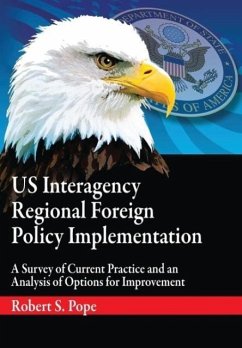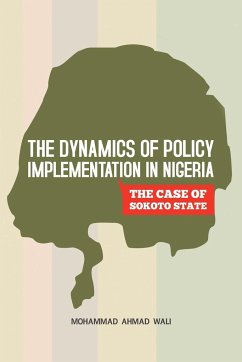Colonel Pope's book examines current interagency structures, with a particular focus on the regional level, to describe and analyze several current or recent shortfalls in interagency unity of effort. He considers not only military operations but also nonmilitary US government responses, often in concert with other nations, to natural disasters around the world. While the US military is often best equipped to be the first agency on the scene with the greatest resources, it may not always be the most appropriate agency to run the show, particularly in regions where the appearance of US military "intervention" would be less than welcome. Based on his own analysis of existing organization models and critiques presented in the literature, Colonel Pope analyzes several potential reform proposals and recommends a bold new model: a State Department-led regional interagency headquarters. This US regional mission would lead all US foreign policy activities within a region, including those of the relevant geographic combatant command and US embassies. The US regional mission would conduct country-level or subregional crisis operations by creating interagency task forces, which would be headed by a leader from the department or agency most appropriate to the mission.







![Trade and Transport Facilitation Assessment: A Practical Toolkit for Country Implementation [With CDROM] Trade and Transport Facilitation Assessment: A Practical Toolkit for Country Implementation [With CDROM]](https://bilder.buecher.de/produkte/31/31088/31088342m.jpg)
